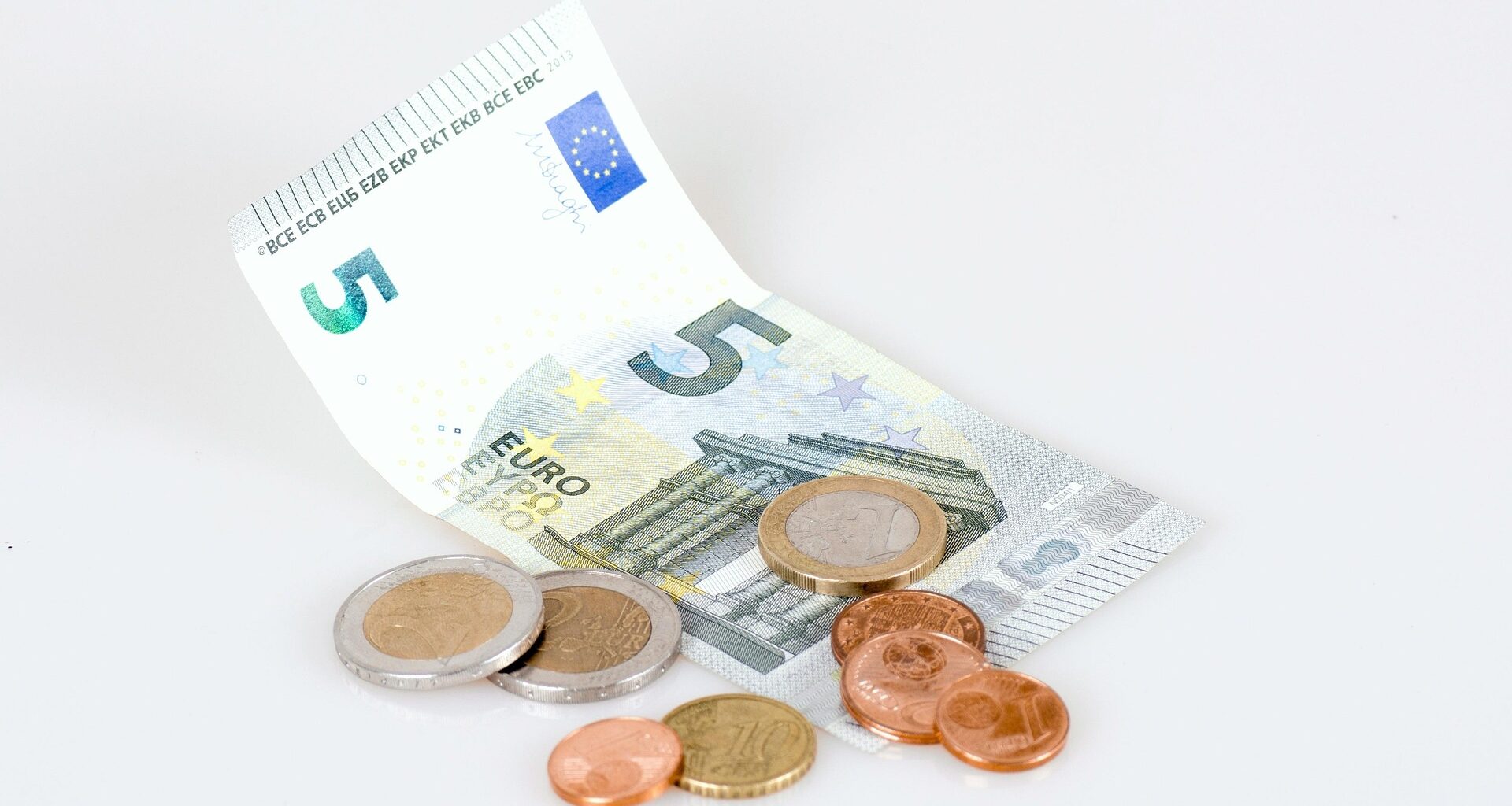September the 30th, 2025 – Croatian wage growth sounds like nothing but a positive thing, but is it really all that sustainable?
As Index vijesti/news writes, according to the latest autumn forecasts of the Croatian National Bank, the domestic economy will grow by 3.2 percent in 2025, while a slight slowdown to 2.9 percent is expected for next year, which is still significantly above the EU average.
However, strong growth is always accompanied by a higher inflation rate, which this year stood at 3.6 percent, driven primarily by food and energy prices, according to a report from HRT. Although inflation accelerated this year, the CNB expects it to slow down to 2.6 percent in 2026. The CNB’s chief economist Vedran Šošić pointed out recently that Croatia, at least according to the World Bank and IMF classification, has entered the ranks of the advanced countries of the world.
“In the first league, which Croatia now finds itself, the rules are different, and the game is tougher. Growth is now becoming more complex, investments in education, science and innovation are very much needed,” Šošić emphasised. Despite the unstable geopolitical situation across the board, the CNB has stated that the Croatian and European economies are coping surprisingly well despite all of the various current and future risks.
“Risks are still present, but they’re now lower than they were back in June,” added Šošić, pointing to trade tensions and disruptions in supply chains as the primary challenges. The main cause of price increases this year lies in the increase in food prices, which shouldn’t really come as much of a surprise to anyone who has followed the Croatian price saga, while energy prices have a somewhat smaller impact.
“We’re particularly encouraged by the stabilisation of raw material prices and the fact that food prices didn’t actually grow at the same intensity during the month of August,” revealed Šošić, who then turned his attention to Croatian wage growth and its sustainability. In order to reduce the risks associated with the rapid growth of borrowing, the CNB has tightened lending conditions in more recent years through a series of macro-prudential measures, capital requirements and significantly stricter criteria.
Discussing Croatian wage growth and its sustainability, Šošić stated that last year, Croatia recorded the fastest growth in the entire European Union, standing at a rather remarkable 18 percent. “Purchasing power has increased, but Croatian wage growth of this level is simply not sustainable. This year we expect growth of about 10 percent,” he said.
He concluded that, despite certain risks, no significant increase in interest rates is currently expected for Croatia.
Subscribe to our newsletter
the fields marked with * are required
